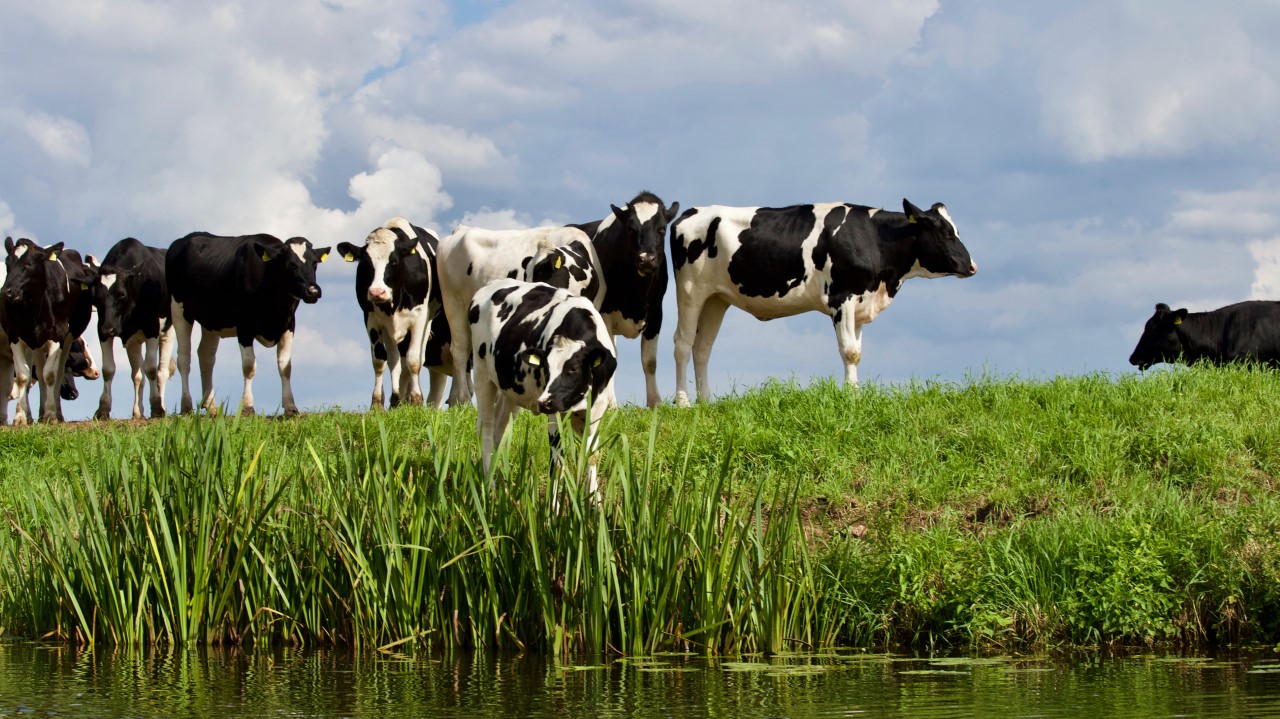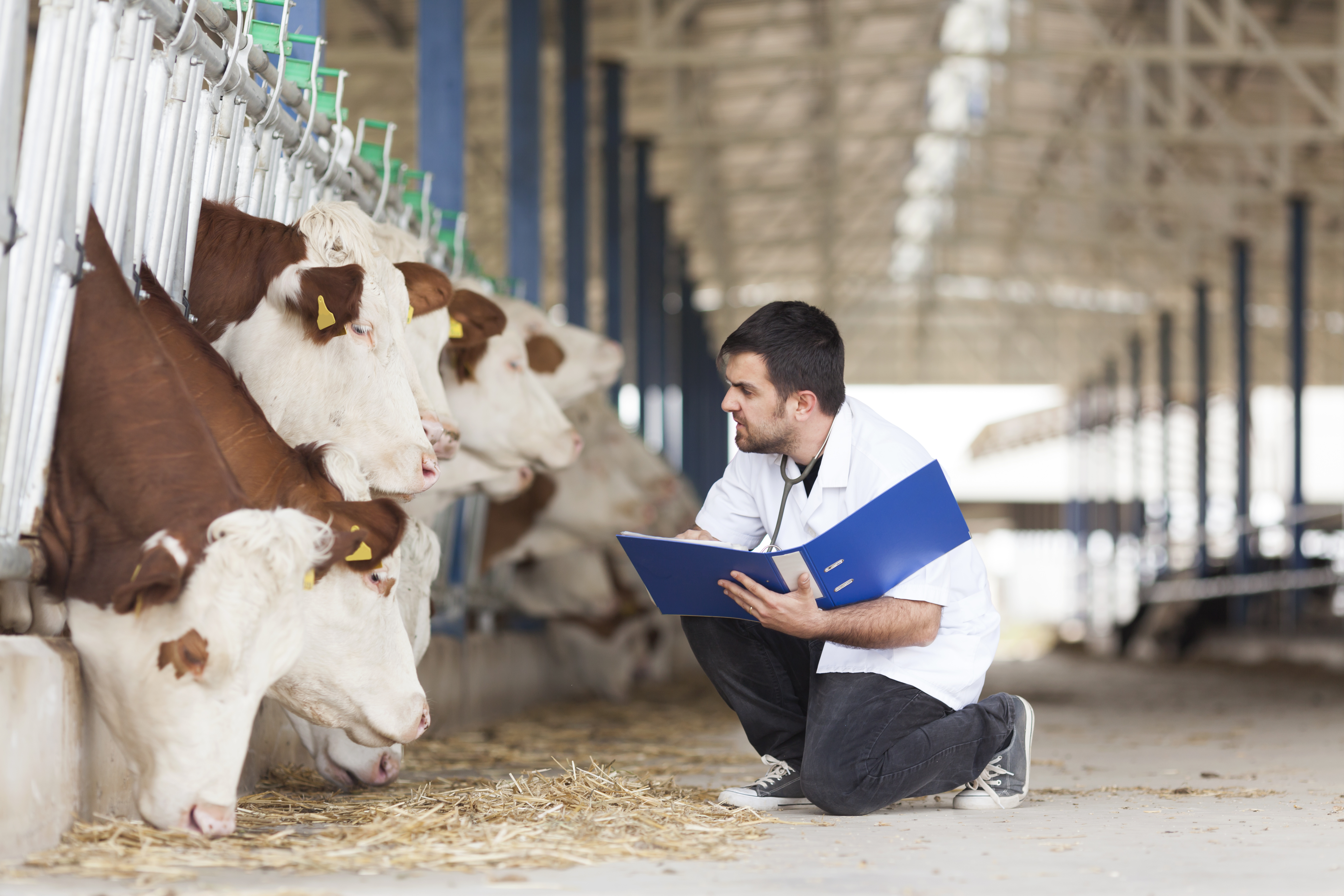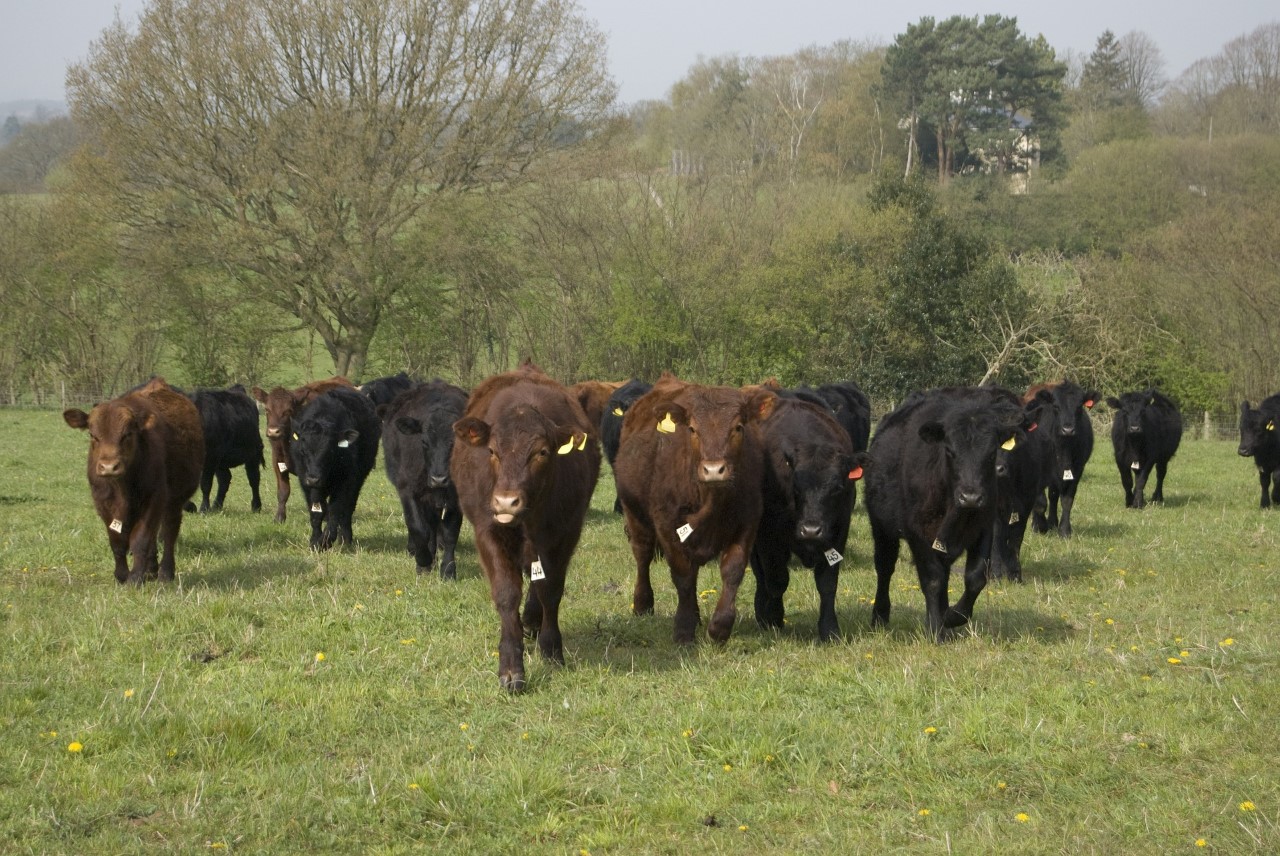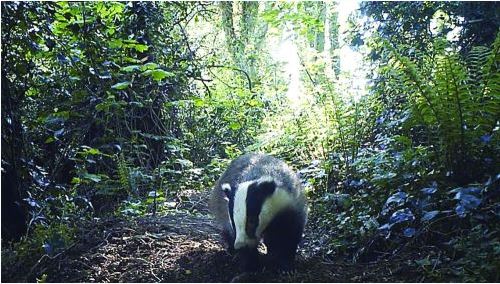



UK sets out new Bovine TB control strategy, but faces criticism from NFU
The UK government's next phase of bovine TB control focuses on developing a TB vaccine for cattle, increasing badger vaccination and will end intensive badger culls after 2022, but the National Farmers Union says that the measures could undo the UK's hard-won progress on bovine TB.

Work to develop a vaccine for cattle and to vaccinate badgers is underway as new measures to eradicate bovine tuberculosis (bTB) in England by 2038 have been announced by the Environment Secretary George Eustice.
A five-year badger vaccination programme in East Sussex has been awarded £2.27 million to enable farmers to deploy vaccinations over an area of 250 square kilometres. The results of this trial will help inform the government on how to deploy future vaccination schemes at scale across England, halting the culling of this protected species.
The licensing of new intensive badger culls, which have effectively helped reduce bTB rates by half in certain areas, will cease after 2022.
In addition, existing cull licenses could be cut short after two years, down from five years, where supported by sufficient scientific evidence, and there will be no option for them to be renewed. The Government will develop a monitoring system to track the badger population and disease levels to help tackle the disease, with the findings being routinely published on gov.uk.
Last year, the Government announced that bTB cattle vaccination trials in England and Wales had been given the green light, as a result of ground-breaking research by government scientists. These trials are expected to commence in June and, if successful, the project will remain on track to enable the deployment of a cattle bTB vaccine by 2025.
Environment Secretary George Eustice said:
"Bovine TB is one of the most difficult and intractable animal health challenges that the UK faces today, causing considerable trauma for farmers and costing taxpayers over £100 million every year.
The badger cull has led to a significant reduction in the disease but no one wants to continue the cull of a protected species indefinitely. That is why we are now building on this progress by accelerating other elements of our strategy, including cattle vaccination and improved testing so that we can eradicate this insidious disease and start to phase out badger culling as soon as possible."
Following the consultation, the Government has also announced new services to support farmers in improving biosecurity standards on farms across England. A new bTB Advisory Service will offer bespoke advice to livestock keepers about the practical and cost-effective measures they can take to build herd resilience, including those outlined in the TB biosecurity five point plan.
Under the new plans, Defra will also expand its surveillance programme to test cattle for the disease every six months throughout the High Risk Area. Affected herd owners will shortly receive a letter confirming the additional testing will begin from 1 January 2022.
As part of the Government’s efforts to vaccinate more badgers against the disease a new training scheme called "Train the Trainer", is being launched alongside more accessible and affordable training courses, meaning that more people will become qualified vaccinators.
Defra has also supported CHECs, formerly known as Cattle Health Certification Standards, to deliver the "Entry Level Membership’" a new scheme helping farmers to reduce the risk of TB breakdowns in their herds.
The Government’s response to the consultation can be found here.

New bovine TB policy will jeopardise ability to control disease, says NFU
The NFU does not support the government's decision to end intensive badger culls or the decision to shorten and restrict supplementary badger cull licensing. According to the organisation, the measures go against science and evidence which shows badger culling is an effective measure to control the spread of bTB, alongside other controls.
NFU Deputy President Stuart Roberts said: “This decision clearly ignores the government’s own peer-reviewed evidence in the Downs report that showed badger culling in Gloucestershire reduced bTB incidents by 66%. It also ignores its own evidence in its consultation which showed the current strategy, which includes badger controls, delivered reductions in TB incidents in cull areas by 51% after four years.
“This disease continues to have a devastating impact on farming families across the country, causing them huge emotional, mental and financial strain.
“Many farming families have struggled with bTB for a very long time. In recent years, they have started to see some light at the end of a very dark tunnel but today’s announcement will drive a coach and horses through this positive hope.
“It is incredibly disappointing and frustrating that the government is pressing ahead with its proposals to abandon badger culling, a hugely successful element of the strategy. The government should be making decisions based on the science and evidence, which clearly shows that badger culling is effective in controlling the spread of this disease.

“Every farmer wants to make this strategy a success and ensure it delivers a TB-free England. However, the pursuit of unproven and untested methods, such as badger and cattle vaccinations, is irresponsible and could lead to the further spread of this disease at a time when the current strategy is making inroads in tackling it.
“Throughout this process we have championed policy based on robust data that demonstrates success, not arbitrary dates. It’s apparent from this decision the government have abandoned making policy based on science and evidence. This in itself is a very worrying direction of travel.
“I want to be very clear – this decision will potentially have far-reaching and severe impacts for cattle farmers across the country.”
TheCattleSite News Desk



